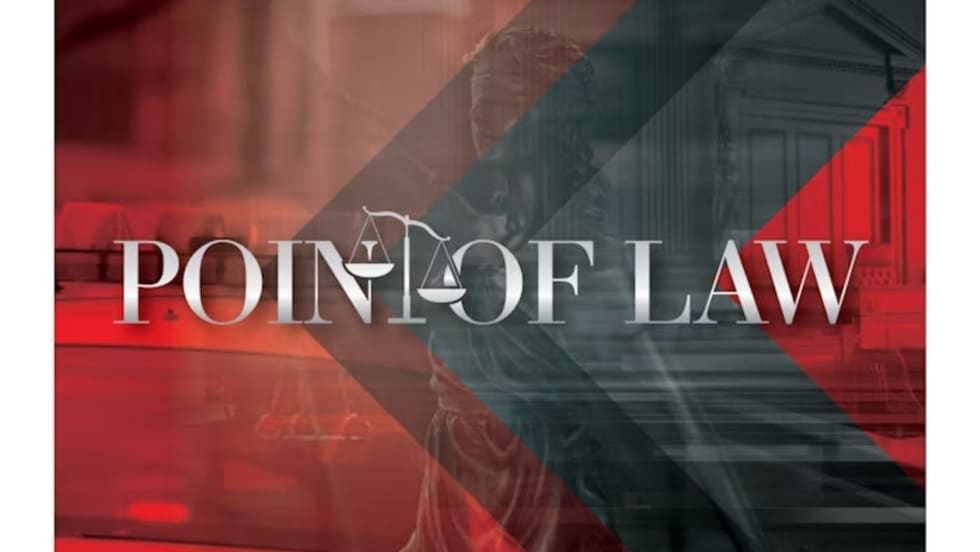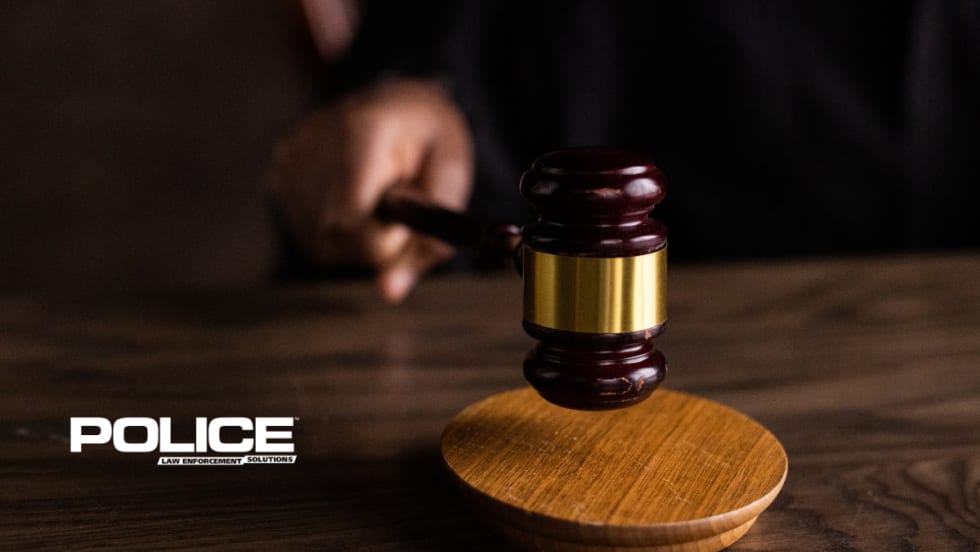The Justice Department announced Thursday June 30 that it has opened a civil pattern or practice investigation into the Special Victims Division (SVD) of the New York City Police Department (NYPD). The investigation will assess whether the SVD engages in a pattern or practice of gender-biased policing.
DOJ said in a press release the investigation will include a comprehensive review of the policies, procedures and training for SVD investigations of sexual assault crimes, including how SVD interacts with survivors and witnesses, collects evidence and completes investigations; any steps NYPD has taken to address deficiencies in its handling of sexual assault crimes; how SVD allocates staffing and other resources; and the services and support offered to survivors of sexual assault. As part of this investigation, the Justice Department officials will reach out to community groups and members of the public to learn about their experiences with SVD.
“Respectful, thorough and complete investigations of sexual assaults are fundamental to a well-functioning justice system,” said U.S. Attorney Breon Peace for the Eastern District of New York. “Over the last several months, we have learned concerning information from a variety of sources of historical issues about the way the Special Victims Division has conducted its investigations for many years. Our review is intended to ensure that, going forward, survivors of sexual assault in New York City receive fair and just treatment in the criminal justice system, and as a result, those who engage in sexual violence are held accountable. We appreciate that the NYPD has already taken steps to address these concerns.”
The department received information alleging deficiencies at SVD that have persisted for more than a decade, depriving survivors and the public of the prompt, thorough and effective investigations needed to protect public safety. These deficiencies allegedly include failing to conduct basic investigative steps and instead shaming and abusing survivors and re-traumatizing them during investigations, DOJ says.





